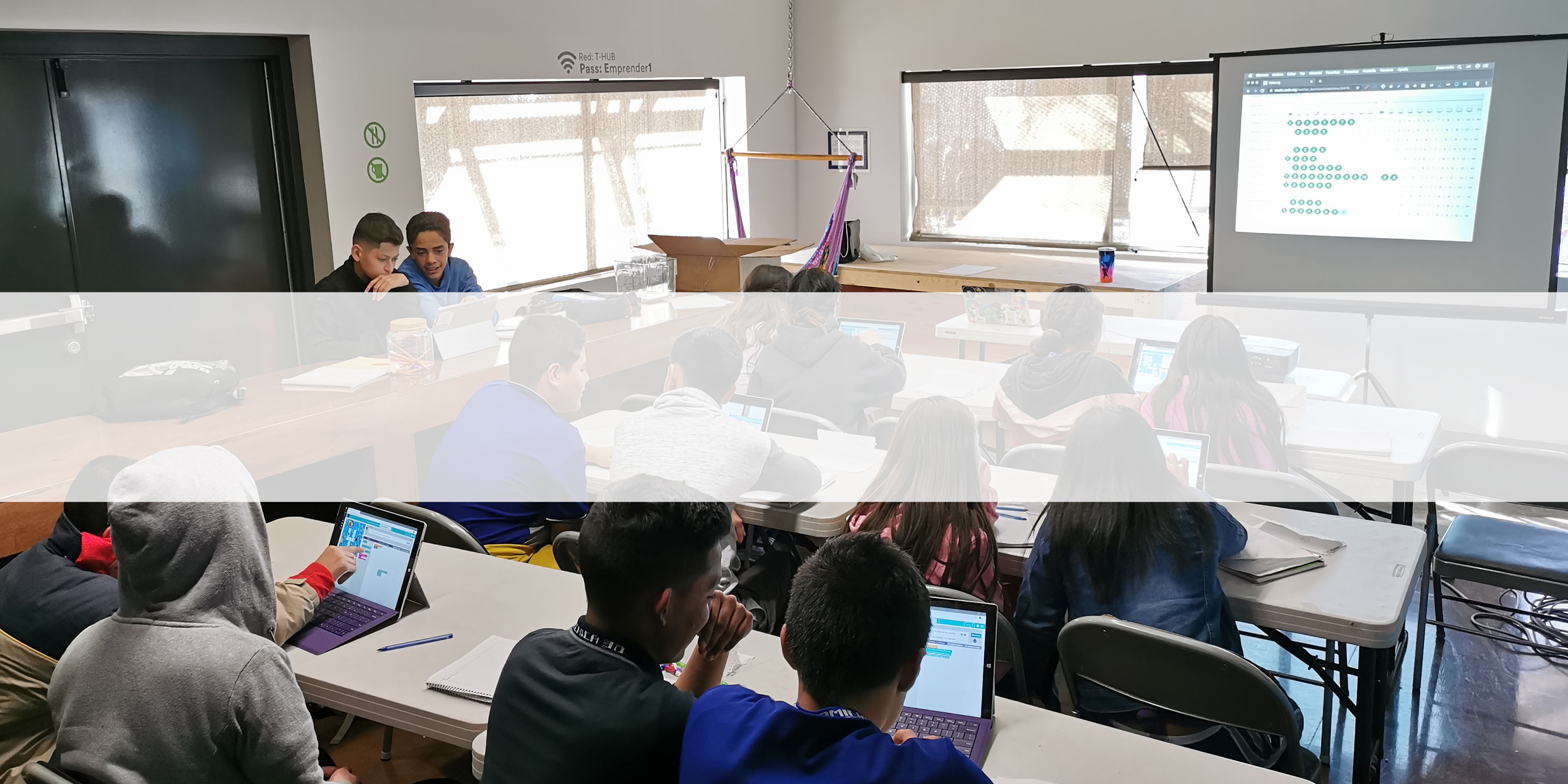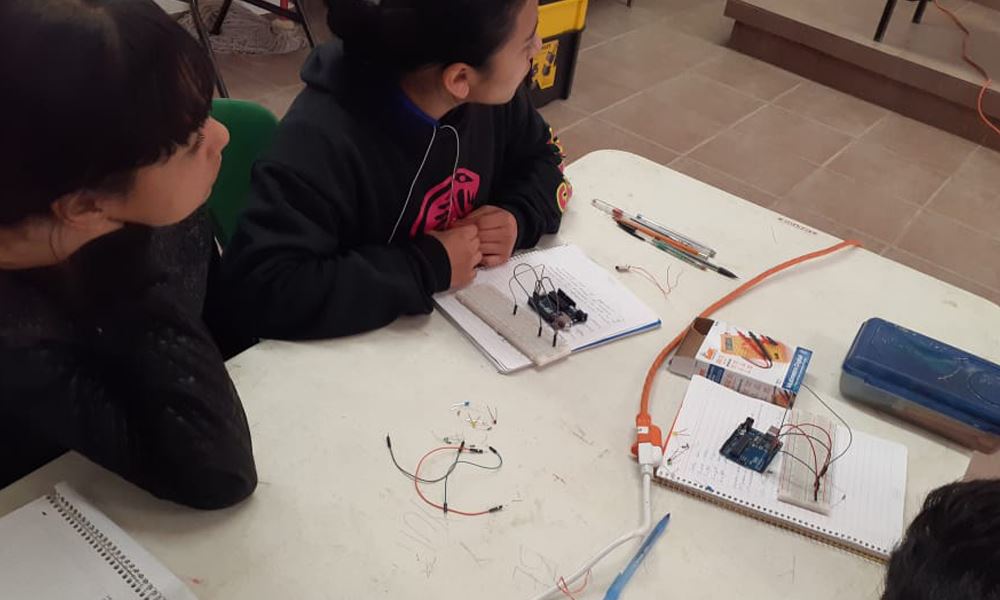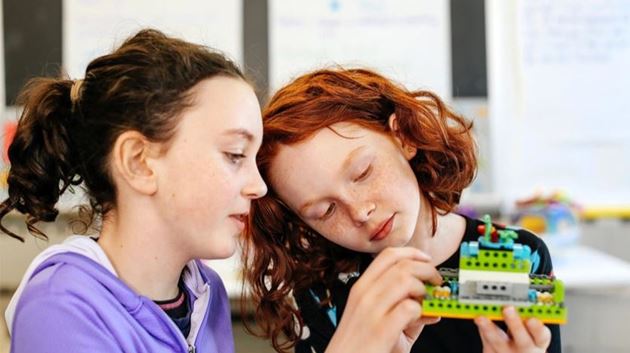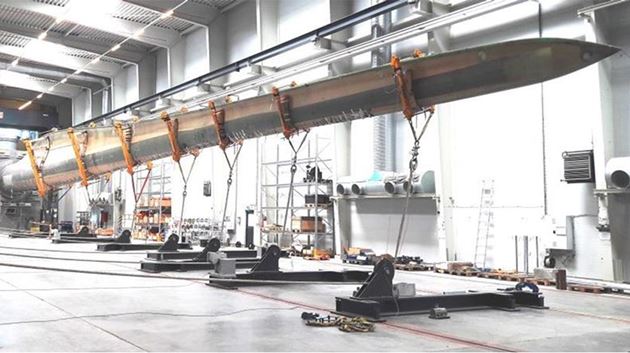
Siemens Gamesa promotes STEM studies in Mexico
Madrid / 4 September 2020
The school dropout rate in Mexico rises as young people grow older. According to the 2015 Intercensal Survey by the National Statistics and Geography Institute (INEGI), only 84% of students aged between 12 and 17 attend school; that is, around two million adolescents are not in education. The reason they abandon their studies is student insecurity or the lack of economic resources. This is why Siemens Gamesa is working in partnership with the Axcel Foundation on the Fab Lab Edu project to lower the school dropout rate in Mexico through technology. Thanks to this project, some young people have now decided to continue with their studies and brought hope and optimism to their families.
The Fab Lab Edu project has one clear goal: to substantially mitigate or reduce the school dropout rate among adolescents in Ciudad Juárez, Chihuahua. This Mexican locality suffers significant student and economic insecurity, representing an enormous problem for young people wishing to continue with their studies once the first stage of secondary education is over. Diana Sanz, project coordinator for the Axcel Foundation, attributes the high school dropout rate to “lack of interest, young people joining the workplace, or the lack of economic resources”.
Since 2018, this organization has worked with similar programs to develop soft skills and technical competencies in high school students “through the use of technology and by incorporating technical knowledge in the fields of programming, electronics, robotics, and digital manufacturing”, explains Sanz. Siemens Gamesa is aware of the key importance of teaching STEM areas among younger students, so has stepped in and joined forces in promoting this program.
Since 2018, this organization has worked with similar programs to develop soft skills and technical competencies in high school students “through the use of technology and by incorporating technical knowledge in the fields of programming, electronics, robotics, and digital manufacturing”, explains Sanz. Siemens Gamesa is aware of the key importance of teaching STEM areas among younger students, so has stepped in and joined forces in promoting this program.

An opportunity for young people
A total of 115 students have benefited from this project so far and now have a clear idea of where to aim in their academic future. It was decided to give the students a vocational test before beginning, as 79% had never had the chance to take one before. The result was that 30% were interested in the field of defense and security due to the television series they watched, such as NCIS, Sons of Anarchy or Narcos. They also perceived security professionals as a means of being able to wield power, influence or authority. After taking the workshops, the students began to show more interest in STEM areas. One of the students took the digital manufacturing workshop and then decided to register for another workshop on web programming, as the first course had sparked their interest in technical skills.
A ray of light for the families
The families and the children themselves have seen how the perception of their academic future has changed. Eva Jiménez, mother of Alondra Peña, a student in the project, is very grateful. She has noticed how both her daughter's self esteem and her grades have risen. Alondra Peña wanted to be a lawyer before, but changed her mind after taking the workshops, as she became fascinated by design. “Now I'd like to be a business owner and have my own clothing business or something that I can create”, she says. Her mother explains that her wish to be a lawyer was something she was simply doing out of habit. “It's very gratifying that she's interested in doing something she likes. She wants to get ahead thanks to what she's being taught. I suppose they noticed that someone believes in them”.
This mother wants the project to be rolled out to all students because it “makes them want to actually be someone in life”.
This mother wants the project to be rolled out to all students because it “makes them want to actually be someone in life”.



